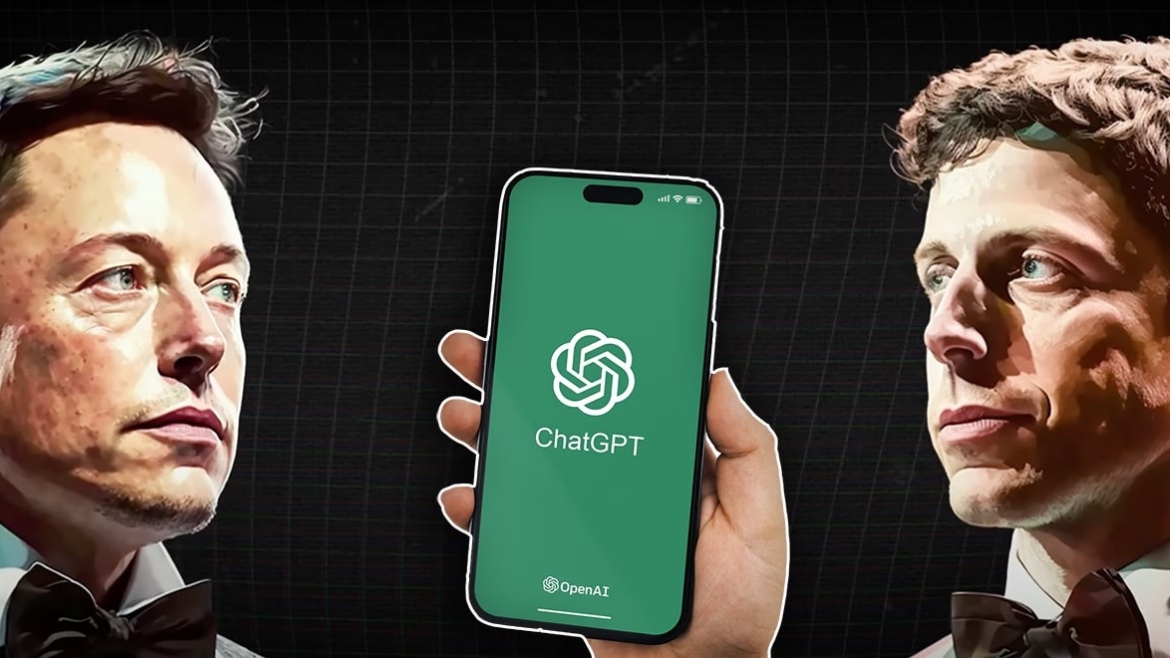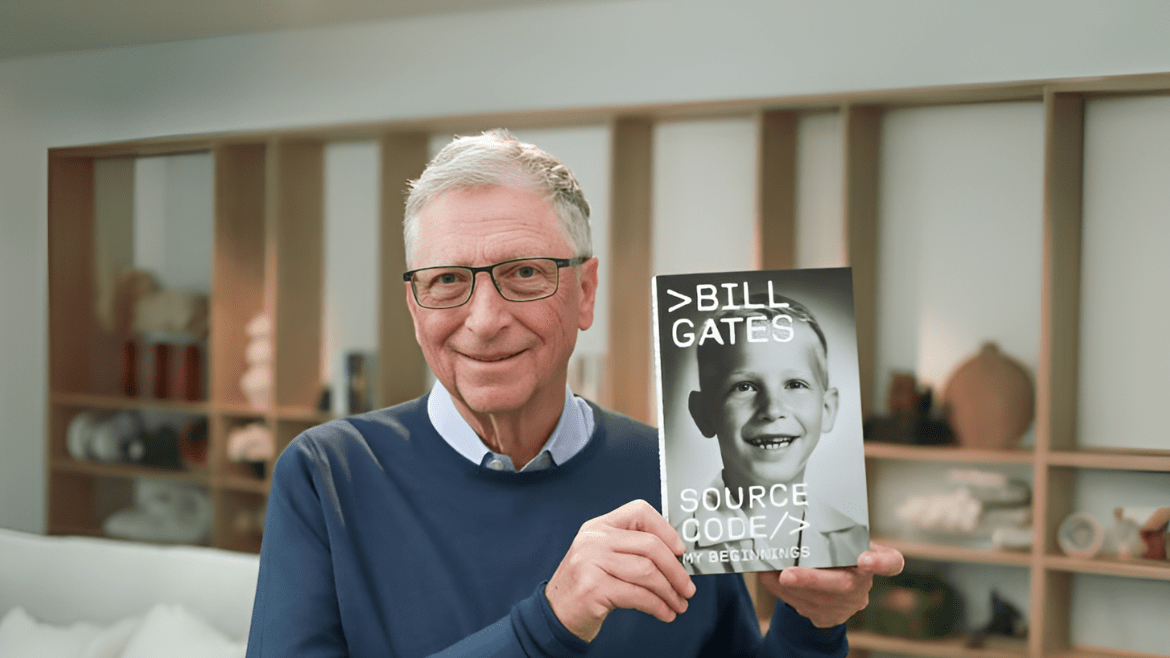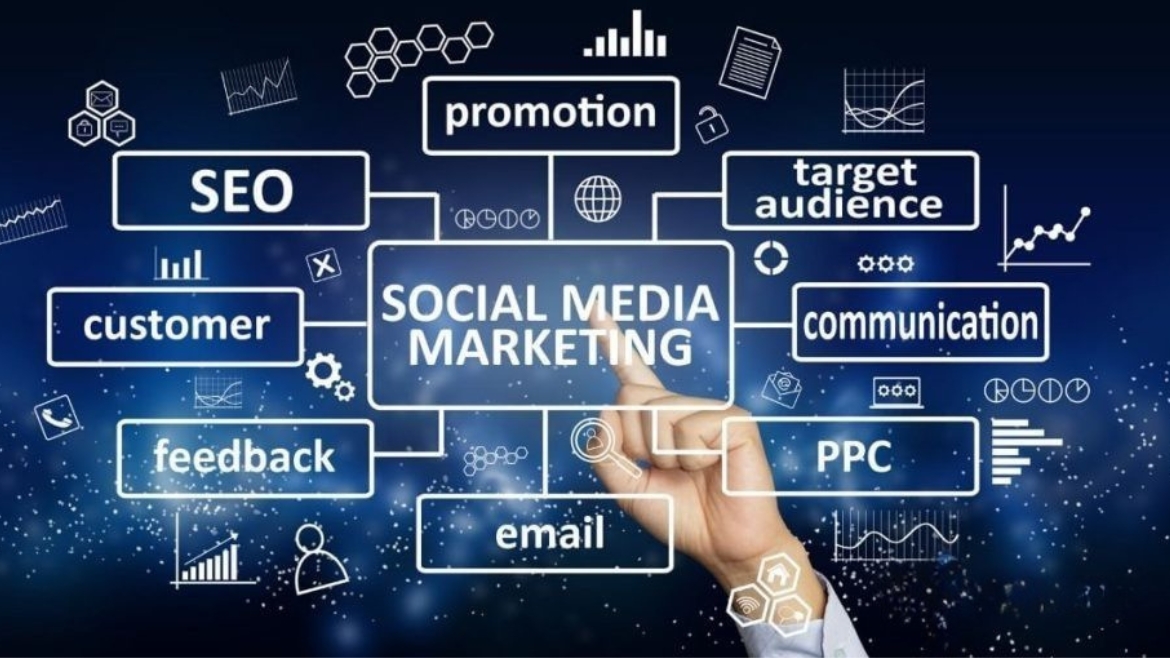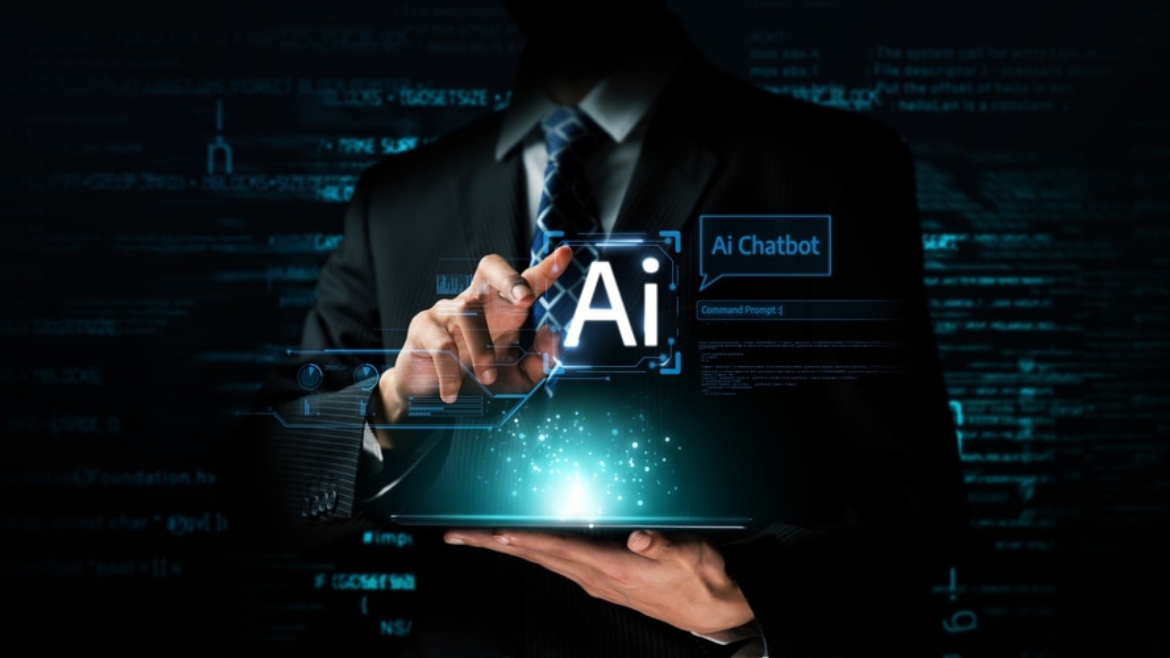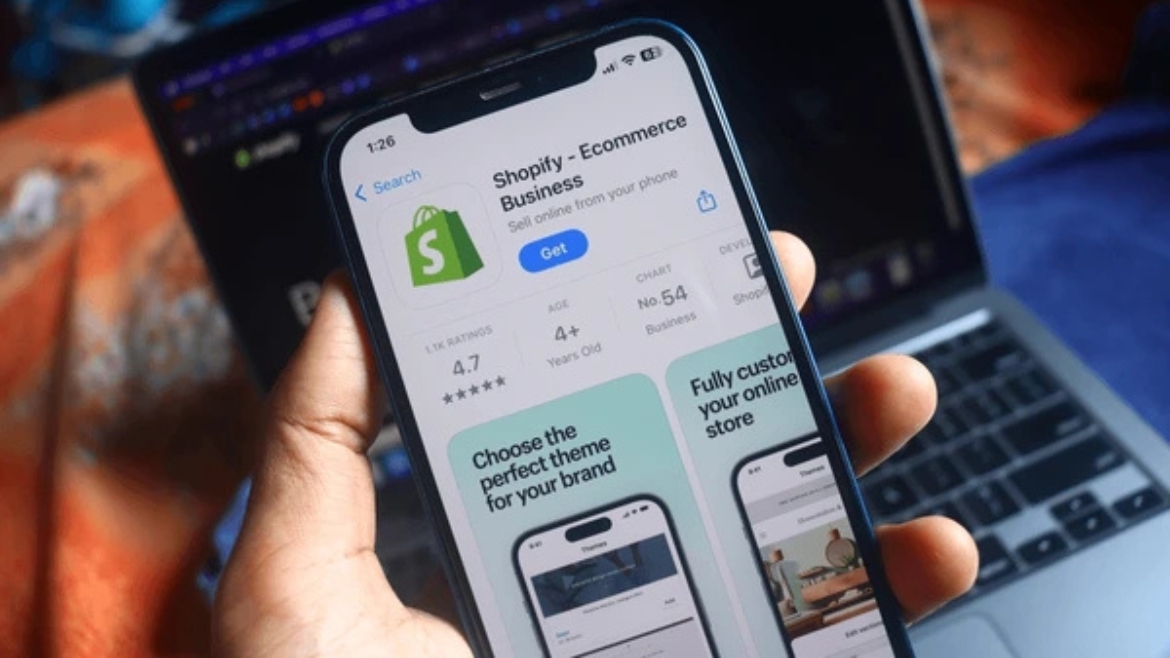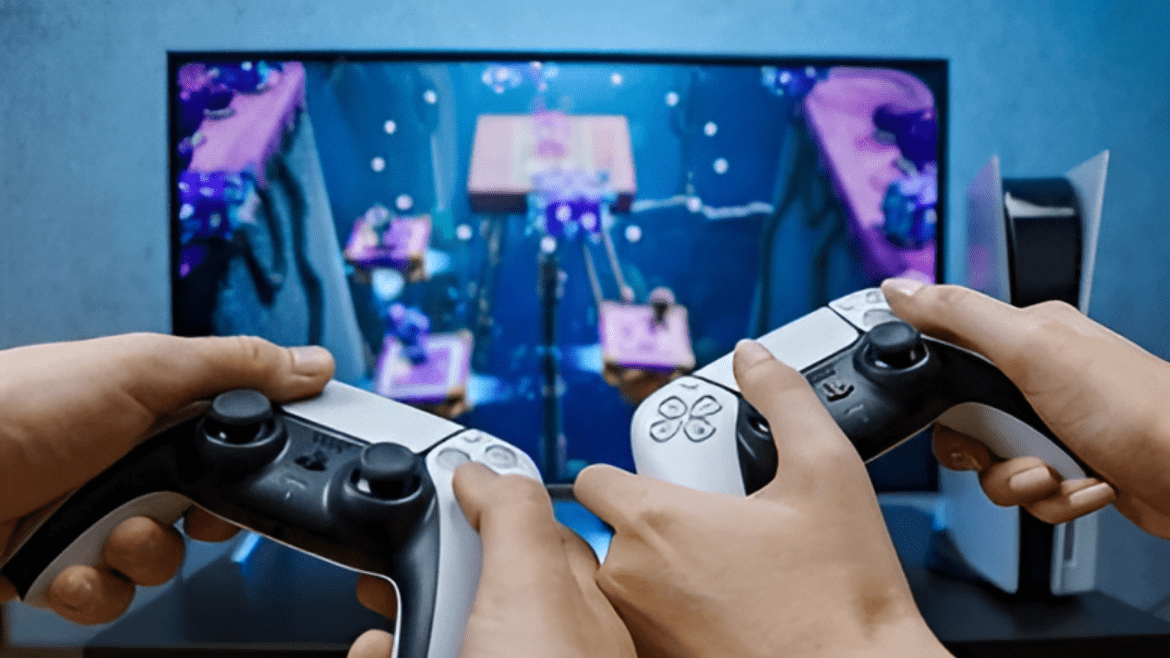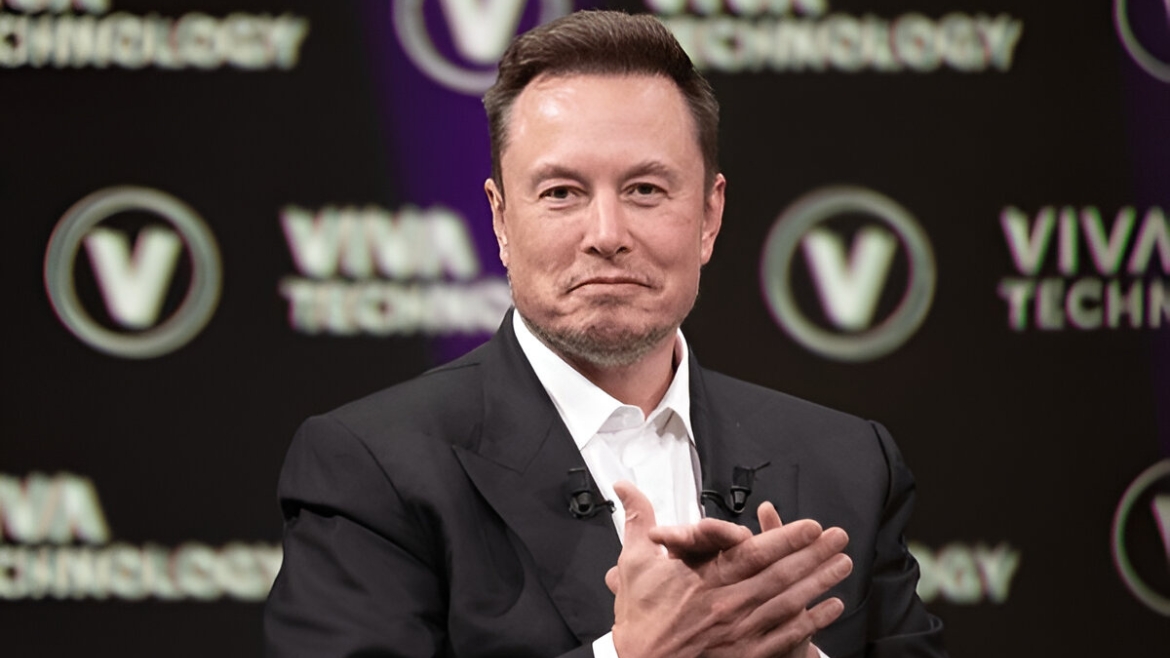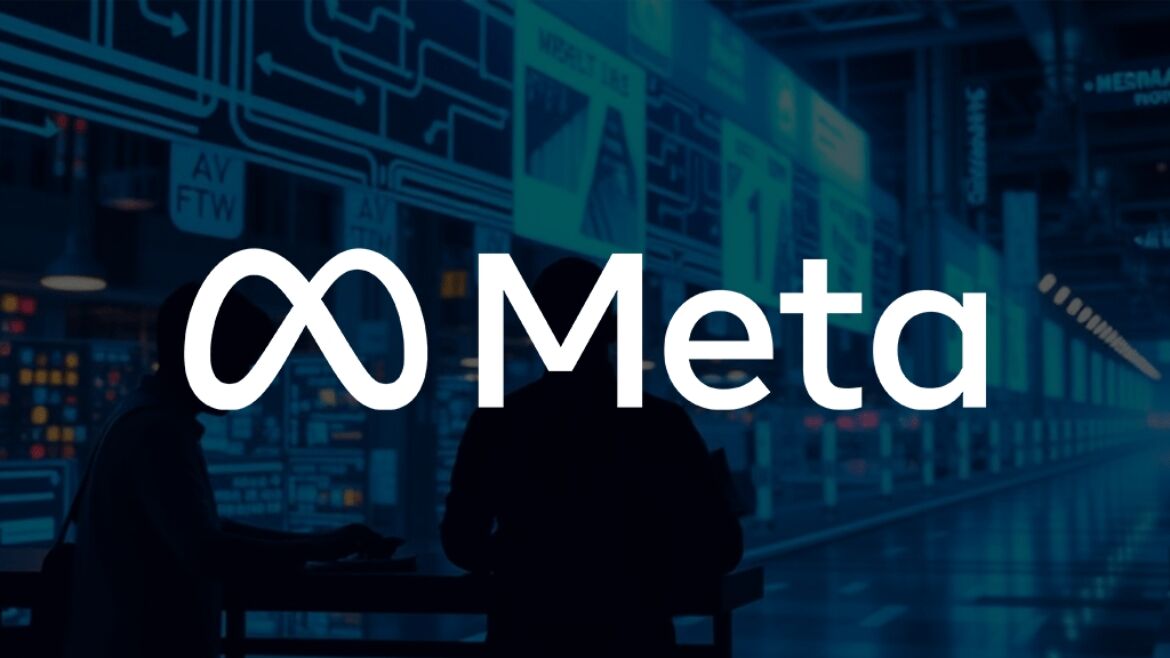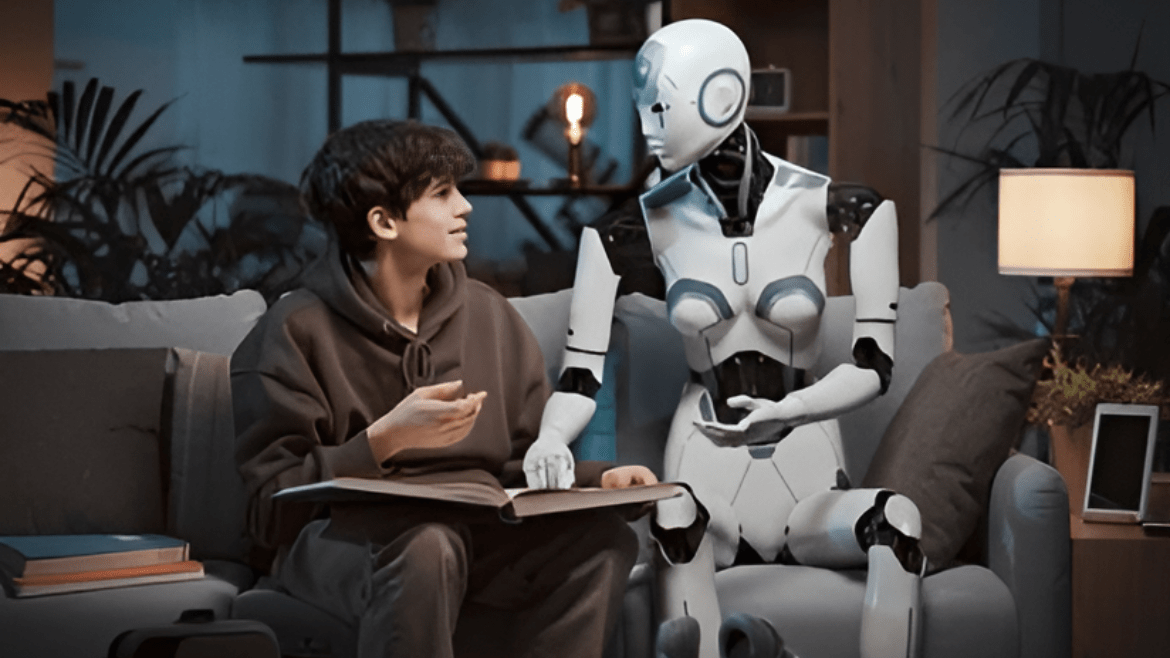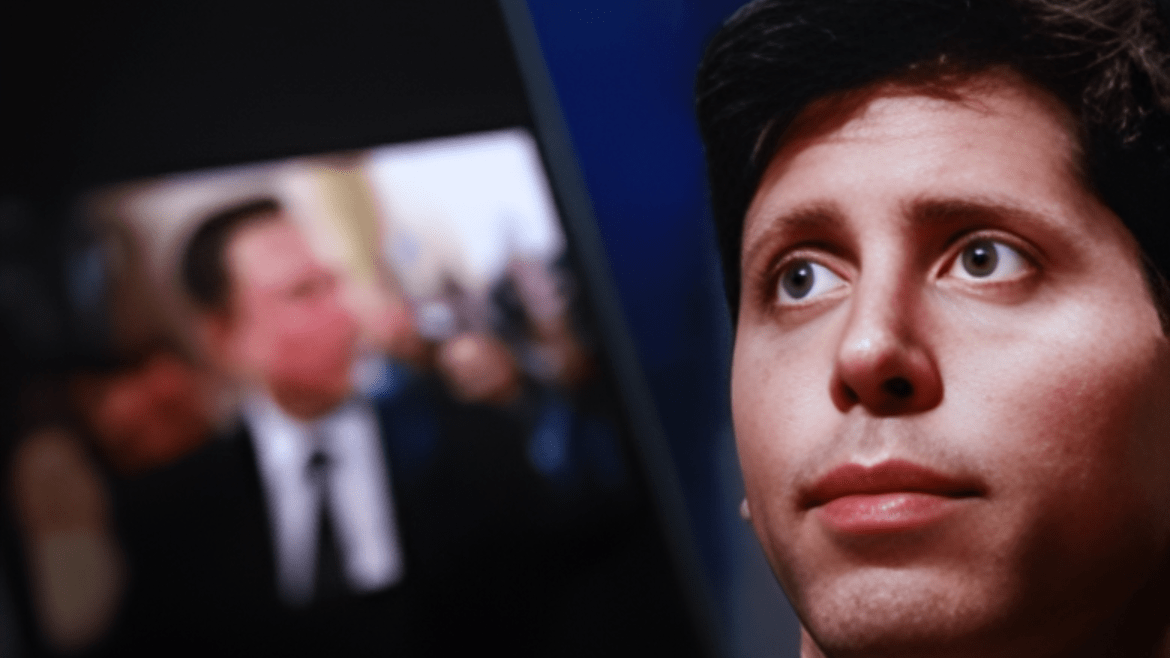Introduction
Artificial intelligence, or AI, is rapidly taking over the world and has the potential to revolutionize the global economy, with a market worth over $500 billion. This change is essentially a bitter competition between two of the world's most influential tech titans, Elon Musk and Sam Altman. These initiatives will influence how people engage with this revolutionary technology; their ideas about the proper application of AI go beyond simple business.
What is AI’s $500 Billion Stargate Opportunity?
AI, sometimes called the "Stargate" of technological change, can open up previously unheard-of financial prospects. The $500 billion estimate is the anticipated market size that artificial intelligence could reach through developments in:
Healthcare:
Revolutionizing diagnostics, drug development, and patient care.
Transportation:
Autonomous vehicles and logistics optimization.
Finance:
Predictive analytics and fraud prevention.
Manufacturing:
Smart factories are driven by robotics.
Education:
Personalized learning experiences.
However, these enormous economic potentials are accompanied by gigantic challenges in the form of ethical concerns, workforce displacement, and geopolitical competition.
Who Are the Players?
1) Elon Musk: The AI Cautionary Advocate
The billionaire businessman who founded SpaceX, Tesla, and Neuralink, Elon Musk, co-founded OpenAI in 2015. He co-founded OpenAI to ensure the safe development and advantageous application of AI, but he quit the company in 2018 due to differences in the organization's profit-making tendency and other perspectives on AI safety.
Musk claims that there are numerous problems associated with artificial intelligence (AI) and that if it is not controlled, it will become unmanageable.
Misinformation:
AI for creating deepfakes and influencing public opinion
Militarization:
Autonomous weapons
Bias:
Algorithms recapitulating pre-existing societal biases
Solution:
Focus on creating regulated and ethical AI through his companies - xAI, a start-up specifically constructed to make safe and transparent AI systems
2) Sam Altman: The Hopeful AI Entrepreneur
Leading OpenAI as its chief executive officer, Sam Altman is revolutionizing AI innovation through groundbreaking innovations, like ChatGPT, and leading the global development of Artificial General Intelligence (AGI) or AI that performs tasks with human-level efficiency.
According to Altman, many of the world's biggest problems can be solved by AI, including:
1) Accessing health care.
2) Addressing climate change by using predictive models.
3) Ensuring education by using personalized learning tools.
Unlike Musk, Altman is all about balancing innovation with responsibility. He stresses transparency and open access to AI with the least amount of misuse possible.
The Origin of the Feud
Elon Musk and Sam Altman were partners. They had co-founded OpenAI with a shared vision to advance AI safely and beneficially to humanity. But their partnership has broken apart because of fundamental differences:
1) Profit vs. Non-Profit Debate:
Musk criticized OpenAI for changing from a non-profit to a "capped-profit" model, which allows for limited returns to investors. He felt this contradicted the original mission of putting humanity first over profits.
2) AI Safety Concerns:
Musk felt that OpenAI was not doing enough to address potential risks associated with advanced AI, such as misuse or uncontrolled development. Altman countered that innovation should not be overly restricted.
3) Diverging Paths:
Musk departed from OpenAI back in 2018 and founded xAI in 2023 to materialize the dream of open-safe AI development.
How AI is Revolutionizing Industries
Musk and Altman are revolutionizing AI in the most important industries:
1) Health
Altman's OpenAI:
Chatbots like ChatGPT help doctors diagnose diseases and recommend treatments
Musk's Neuralink:
The development of a Brain-Computer Interface to treat people with paralysis and epilepsy
2) Transportation
Tesla's Autopilot:
Musk integrates AI in autonomous vehicles by pushing the bar of self-driving technology.
AI-Driven Logistics:
Altman thinks that the vision of optimizing global supply chains will take place through predictive algorithms.
3) Finance
Fraud detection and personalized financial planning are the elements of AI which is changing banking and financial services. According to both Musk and Altman, this is the most important domain for AI expansion.
Geopolitical Implications
The rivalry also reaches beyond the world of technology and into geopolitics, where America competes with China and Europe for domination of AI. Musk and Altman are, of course, advancing America's role in the game:
Musk has also talked about other "secret projects" such as what's referred to as "Project 25" which involves former US President Donald Trump as a secret co-developer for strategic AI systems.
Altman is pushing for balanced regulations on AI to encourage the United States to continue its leadership role while encouraging innovation.
Key Debates in this Controversy
1) Moral Considerations
Musk threatens that AI may be misused by creating deepfake videos or even weapons. Altman responded that zeroing in on risks might hamper innovation, thus restricting the value of AI.
2) Economic Effects
While AI will create billions of value, it might also take away millions of jobs. The two leaders do agree on retraining programs to adapt the workforce to an AI economy.
3) Regulation
Musk suggests strict regulations in place to prevent misuse. Altman fears that over-regulation might hinder the advancement of AI.
Future Predictions
1) Musk's Vision:
Regulated AI development on safety and ethics.
Breakthroughs in autonomous vehicles and neural interfaces.
2) Altman's Vision:
Scalable AI tools to tackle global challenges.
Progress toward AGI, enabling machines to perform tasks with human-like intelligence.
Conclusion
The controversy surrounding Elon Musk and Sam Altman on Artificial Intelligence development reflects a lot about responsibility in developing it. Musk calls for safety and regulation, while Altman focuses on innovation and accessibility. Despite the contrasts, both push the limits of what AI can accomplish and so the technological revolution will define what the future holds for human society. The ultimate question remains: Will their rivalry lead to collaboration, or will their competing visions create parallel paths for AI development? Only time will tell.

